I joked recently that learning Jèrriais has been a painful experience in more ways than one.
Driving across the Island earlier today I had a lump in my throat as I passed fields and hedgerows of bright yellow daffodils in full bloom. I had forgotten what it is like en Jèrri in the spring and, more than usual, the season has brought with it a dichotomy of feelings; a lift in spirits with the arrival of some sunshine but a great deal of sadness at the same time. I don’t have many memories of my early childhood but one that sticks with me is that of helping Mum and Dad deadhead the daffodils in the front garden of our house à la Trinneté. Daffodils remind me of Mum; she was born in the month of April and died in the month of March.
We lived with our grandparents after Mum died and I have written before about how I used to hear them chatter to each other in Jèrriais in the kitchen at tea time and how the demise of the language means losing another piece of them. In some ways, these past few months spent with the Jèrriais community have brought me closer to Mum, Granny and Pops than I ever was when they were alive. I am learning so much about the island they lived in and the community within which they worked and socialised. So, learning Jèrriais has so far been quite a painful experience, and not just because of the steep learning curve including a crash course in advanced English, French and Jèrriais grammar.
I was asked earlier this week why it is so important to teach Jèrriais to children in Jersey when the curriculum is already crammed and French would be much more useful. Aside from the argument that learning more than one language is a tremendous help rather than a hinderance - particularly in the case of Jèrriais and French because they are so closely related - the language is a fundamental part of Jersey’s heritage and its survival is vital to the preservation of our unique cultural identity. Learning Jèrriais links local children with their ancestors and offers those from abroad the opportunity to learn about the place they have made their home, to create a bond and, as my teaching colleague Aline put it, ‘to put down roots’.
As I am learning - both to my delight and to my frustration - Jèrriais is an incredibly rich and varied language, full of words, idioms and expressions that simply do not make sense in English. Verbs like bliêter meaning ‘to throw clods of earth’ and vraitchi meaning ‘to gather vraic’ or ‘vraic a field’ are a reflection of the Island’s history - they encapsulate it.
What’s more, there are wonderful expressions like j’avons à pâsser La Corbiéthe, meaning ‘we have passed Corbiere’. Only an Islander would understand why this ditton (saying) is used in Jèrriais to mean ‘the worst is over’. Another, tu'as mett' la tchéthue en Sèr literally means ‘you have put the plough in Sark’, a ditton of agricultural origin that means to be ‘way off the mark’!
Jersey’s culture is embedded within the language. It is not enough to teach children a few key phrases and explain the meaning of a handful of place names around the Island. If Jersey’s children should be entitled to learn about the Island’s history, geography and culture then Jèrriais has a central role to play.


